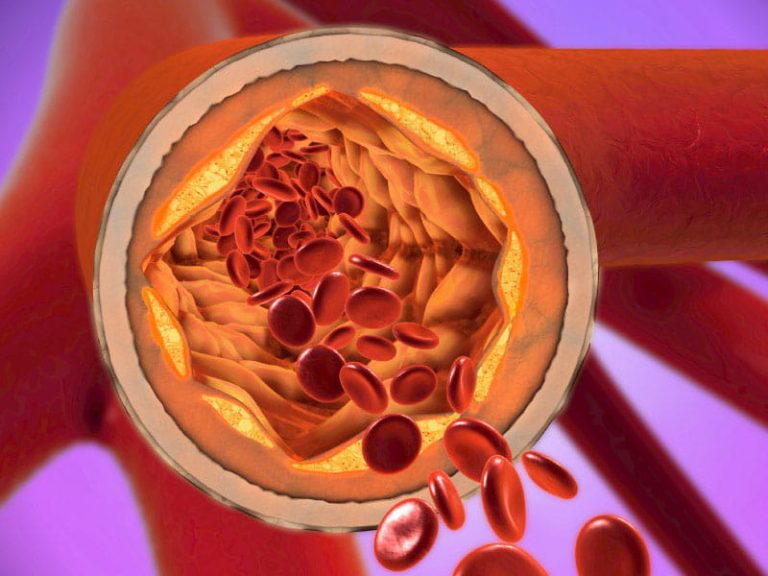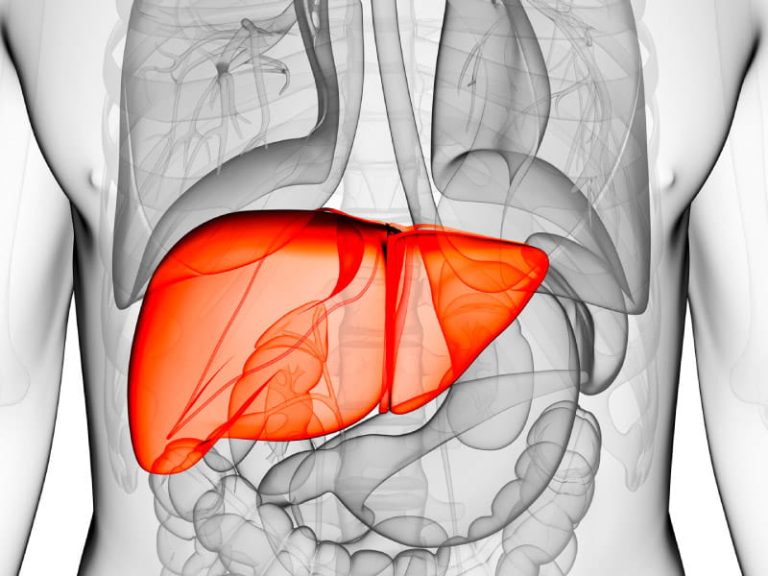What does loneliness do to the brain?
What does loneliness do to the brain Social isolation and loneliness could improve the danger of getting or dying from a coronary heart assault or stroke, based on a brand new report summarizing analysis on the subject.
The scientific assertion from the American Coronary heart Affiliation highlights the necessity for extra knowledge on methods to enhance cardiovascular well being for people who find themselves socially remoted or lonely, in addition to extra strong proof displaying how these experiences have an effect on mind well being.
“Over 4 a long time of analysis has clearly demonstrated that social isolation and loneliness are each related to opposed well being outcomes,” Dr. Crystal Wiley Cené stated in a information launch. She is chair of the writing group for the scientific assertion, revealed Thursday within the Journal of the American Coronary heart Affiliation.
“Given the prevalence of social disconnectedness throughout the U.S., the general public well being impression is kind of vital,” stated Cené, a professor of medical drugs and chief administrative officer for well being fairness, variety and inclusion on the College of California San Diego Well being.
Social isolation is outlined as having comparatively few in-person social contacts, whereas loneliness happens when folks understand themselves as remoted, inflicting them to really feel distressed.
“Though social isolation and feeling lonely are associated, they don’t seem to be the identical factor,” Cené stated. “People can lead a comparatively remoted life and never really feel lonely, and conversely, folks with many social contacts should expertise loneliness.”
The brand new report cites a 2018 survey by the Kaiser Household Basis that discovered greater than 1 in 5 U.S. adults stated they usually or at all times felt lonely or socially remoted. Whereas life adjustments comparable to shedding a partner or retiring can lead to fewer social connections and interactions for older folks, one other survey cited within the report stated it is younger adults ages 18 to 22 who at the moment are thought-about the loneliest era, spending extra time on social media and fewer engaged in in-person actions than earlier generations.
Knowledge suggests the COVID-19 pandemic has made issues worse, particularly for younger adults.
Social isolation and loneliness are under-recognized determinants of cardiovascular and mind well being, the report discovered.
“There may be robust proof linking social isolation and loneliness with elevated danger of worse coronary heart and mind well being normally,” Cené stated. “Nevertheless, the info on the affiliation with sure outcomes, comparable to coronary heart failure, dementia and cognitive impairment, is sparse.”
The report discovered social isolation and loneliness are most strongly linked to coronary heart illness and stroke, with a 29% elevated danger for coronary heart assault and/or dying from coronary heart illness and a 32% elevated danger for stroke.
“Social isolation and loneliness are additionally related to worse prognosis in people who have already got coronary coronary heart illness or stroke,” Cené stated. That features an elevated danger of recurrent stroke and mortality, the assertion stated.
The report additionally discovered a two-way relationship between social isolation and psychological well being danger components. Those that had been socially remoted had been extra more likely to expertise melancholy, and people with melancholy had been extra more likely to be socially remoted. Nevertheless, proof of a hyperlink between social isolation, loneliness and cognitive impairment or dementia was sparse or combined.
People who find themselves socially remoted or lonely could have interaction in behaviors that additional hurt coronary heart and mind well being, comparable to consuming fewer vegetables and fruit, not getting sufficient bodily exercise and being too sedentary, based on the assertion. A number of massive research discovered an affiliation between loneliness and the next chance of smoking.
Socio-environmental components additionally doubtless play a task, the assertion discovered. Elements comparable to transportation, dwelling preparations and dissatisfaction with household relationships, together with the pandemic and pure disasters, can contribute to how socially remoted or related individuals are.
Research present health packages and leisure actions at senior facilities, together with packages that fight damaging pondering, may help cut back social isolation and loneliness, the assertion notes. The writing group known as for extra analysis into how such interventions may assist.
“Clinicians ought to ask sufferers concerning the frequency of their social exercise and whether or not they’re happy with their degree of interactions with family and friends,” Cené stated. “They need to then be ready to refer people who find themselves socially remoted or lonely – particularly these with a historical past of coronary heart illness or stroke – to group sources to assist them join with others.”







